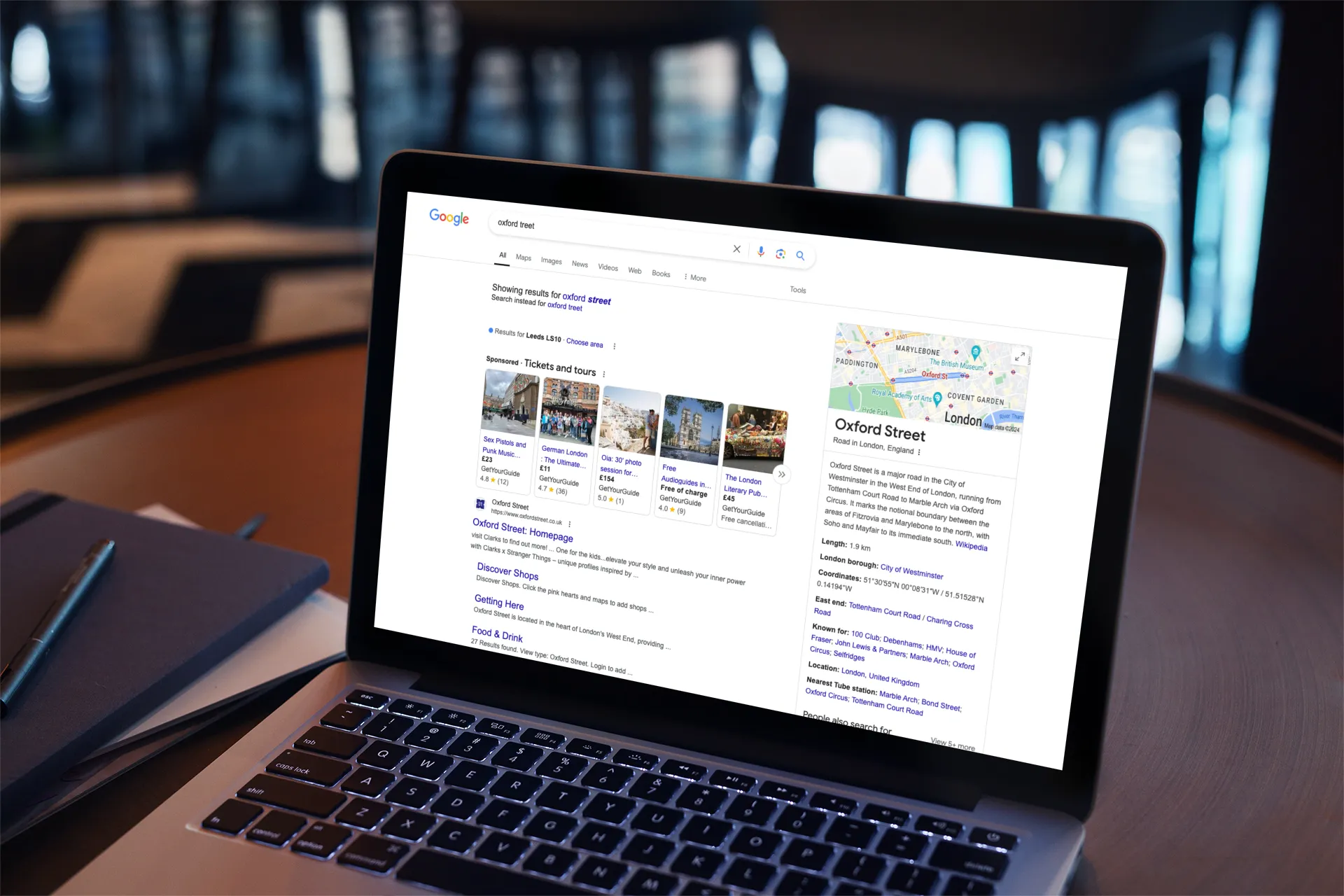
When it comes to managing your business’s online presence, particularly on platforms like Google My Business, selecting the right category is crucial. Not only does it help potential customers find you more easily, but it also ensures that your business is represented accurately in search results. Among the terms often used in the retail and commercial real estate sectors are “Retail Shopping Mall,” “Shopping Mall,” “Shopping Center,” “Shopping District,” and “Shopping Plaza.” While they might seem interchangeable at first glance, each has its nuances. Understanding these differences can make all the difference in how effectively you reach your audience.
Retail Shopping Mall
A “Retail Shopping Mall” typically refers to a large, enclosed shopping complex that hosts a wide array of retail stores. These are often multi-level and include anchor tenants such as department stores, fashion retailers, and electronics outlets. The emphasis here is squarely on retail, making it the perfect term for a location that is dedicated almost entirely to shopping. Such malls might also include dining options and some entertainment facilities, but the core of their identity is the variety and range of retail offerings available.
This term is most appropriate for large, well-known shopping centres like Westfield London, which is renowned for its extensive selection of stores. If your business operates within a mall of this scale, “Retail Shopping Mall” is the category that most accurately describes your environment.
Shopping Mall
“Shopping Mall” is a broader term that encompasses any large, enclosed shopping facility. While similar to a “Retail Shopping Mall,” this term is more versatile and can apply to malls that offer a blend of retail, entertainment, and service-oriented businesses. A “Shopping Mall” might house cinemas, gyms, beauty salons, and even small offices in addition to shops.
For example, Bluewater Shopping Centre, with its mix of retail, dining, and entertainment options, would be accurately described as a “Shopping Mall.” If the location where your business operates offers more than just shopping – perhaps a cinema, a gym, or a variety of services – then “Shopping Mall” is likely the most fitting category.
Shopping Center
The term “Shopping Center” is often used to describe smaller, more community-oriented retail hubs. These might be open-air or single-level complexes and typically host a mix of essential retail stores, such as supermarkets, pharmacies, and perhaps a few specialty shops. Unlike a “Shopping Mall,” which is usually enclosed and extensive, a “Shopping Center” is more about convenience and accessibility for local residents.
For instance, a suburban shopping center that includes a grocery store, a pharmacy, and a few independent retailers would fall under this category. It’s the ideal term for businesses located in smaller, community-focused retail spaces.
Shopping District
A “Shopping District” refers to an area or neighbourhood known for its concentration of shops and retail activity. Unlike malls or centers, shopping districts are usually open-air and often consist of several streets or blocks filled with a variety of stores, from independent boutiques to larger chain outlets. These areas are often mixed-use, meaning they may include cafes, restaurants, and entertainment venues in addition to retail.
Oxford Street in London is a prime example of a shopping district. It’s not enclosed like a mall, nor is it a single center; instead, it’s a bustling area with numerous shops lining the street. If your business is located in a vibrant, shopping-centric part of town, “Shopping District” is the most accurate category to choose.
Shopping Plaza
“Shopping Plaza” typically refers to a smaller, open-air complex with a few retail stores, often anchored by a larger supermarket or a big-box retailer. These plazas are usually designed for quick, convenient shopping, with ample parking space and easy access to the stores. A “Shopping Plaza” might include a grocery store, a coffee shop, a bank, and a few retail outlets.
This term is perfect for describing smaller, suburban retail complexes that are geared towards local shoppers. It’s the category to choose if your business is located in a plaza where convenience is key, and the retail options are more focused on everyday needs.
Conclusion
Choosing the right category for your business on Google My Business isn’t just a matter of semantics – it’s about ensuring that your potential customers can find you and understand what to expect. By understanding the subtle differences between “Retail Shopping Mall,” “Shopping Mall,” “Shopping Center,” “Shopping District,” and “Shopping Plaza,” you can better position your business in the digital landscape, making it easier for customers to discover what you have to offer.